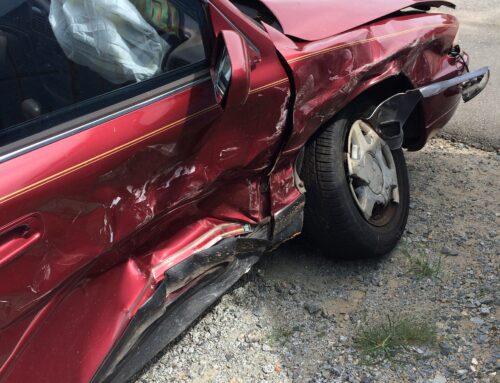Deductibles represent the amount of money that must be paid out of pocket before your insurance steps in to cover the rest of the costs. Choosing your level of deductible is a powerful way to manage your insurance premiums. But when it comes time to invoke your insurance coverage, a higher deductible may seem insurmountable. While the system may seem straightforward, there are special circumstances under which these deductibles can be waived by your provider, relieving you of this financial responsibility. However, it’s important to note that such waivers are not standard across all policies and can vary based on specific conditions and types of coverage. Today, we are taking a look at when and why you might not have to pay your deductible and how you can adjust your policy to take advantage of these insurance additions.
Situations Where Deductibles May Not be Required
Glass Repair and Replacement: Auto insurance policies often include a glass repair waiver, eliminating the deductible for windshield and window repairs or replacements. This encourages drivers to fix glass damage promptly to maintain visibility and safety – something that insurers want in order for their drivers to be involved in fewer accidents overall. The waiver is particularly beneficial as it allows for immediate attention to minor damages that can otherwise lead to larger issues if left unattended.
Collision Deductible Waiver (CDW): A Collision Deductible Waiver is an optional coverage you can add to your auto insurance policy. It waives your collision deductible if you’re hit by an uninsured or underinsured driver, meaning you still get help with collision repairs without the high upfront payment. Florida has a relatively high rate of drivers lacking proper insurance, which means these waivers may be a good option if their monthly cost is substantially less than a deductible.
Total Loss Waiver: In cases where your vehicle is deemed a total loss after an accident, some insurers may waive the deductible. This waiver is typically offered to ease the financial burden on the policyholder, streamline existing claims, and replace the vehicle in a timely manner. It effectively removes the deductible cost as a concern, allowing you to focus on acquiring a new car without the additional out-of-pocket expense.
Safe Driving Bonuses: Some auto insurance companies offer deductible waivers as part of a safe driving bonus or loyalty program. If you maintain a clean driving record for a specified period, your insurer may reduce or waive your deductible as a reward for safe driving. Insurance providers want all drivers to stay safe on the road and never get into an accident. If they can find ways to effectively reward safe drivers, they hope to see fewer claims and fewer insurance payouts.
No-Fault Accidents: Your provider may waive your deductible if you’re involved in an accident for which you’re not responsible. Similar to a safe driving bonus, some insurers may look at a safe driver and determine that keeping them happy is more important than nickel and diming them over a deductible when it isn’t their fault in the first place.
Remember, the policy additions you see on this list are not things you should assume are in your policy. Insurer companies don’t make money by waiving every possible fee, so if you want your deductible to be waived in the future, you must take a second look at your current policy and take necessary action.
The professionals at Anderson & Associates Insurance Group can help you review and understand the details of your policy, including any conditions under which your deductibles might be waived. Our team members work extensively with various providers in the state, and we are able to quickly find the best policy containing the protections you need and deserve. Contact us today to learn more about how our experienced agents can help you to protect yourself and save.










